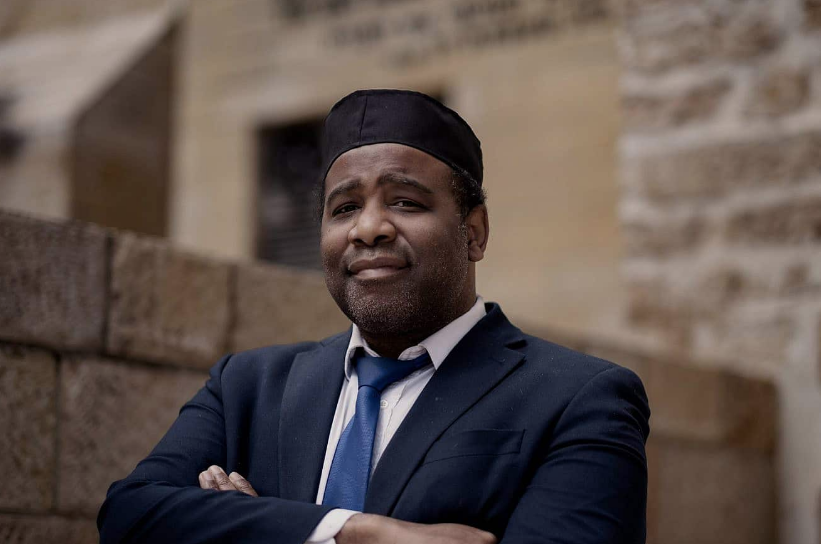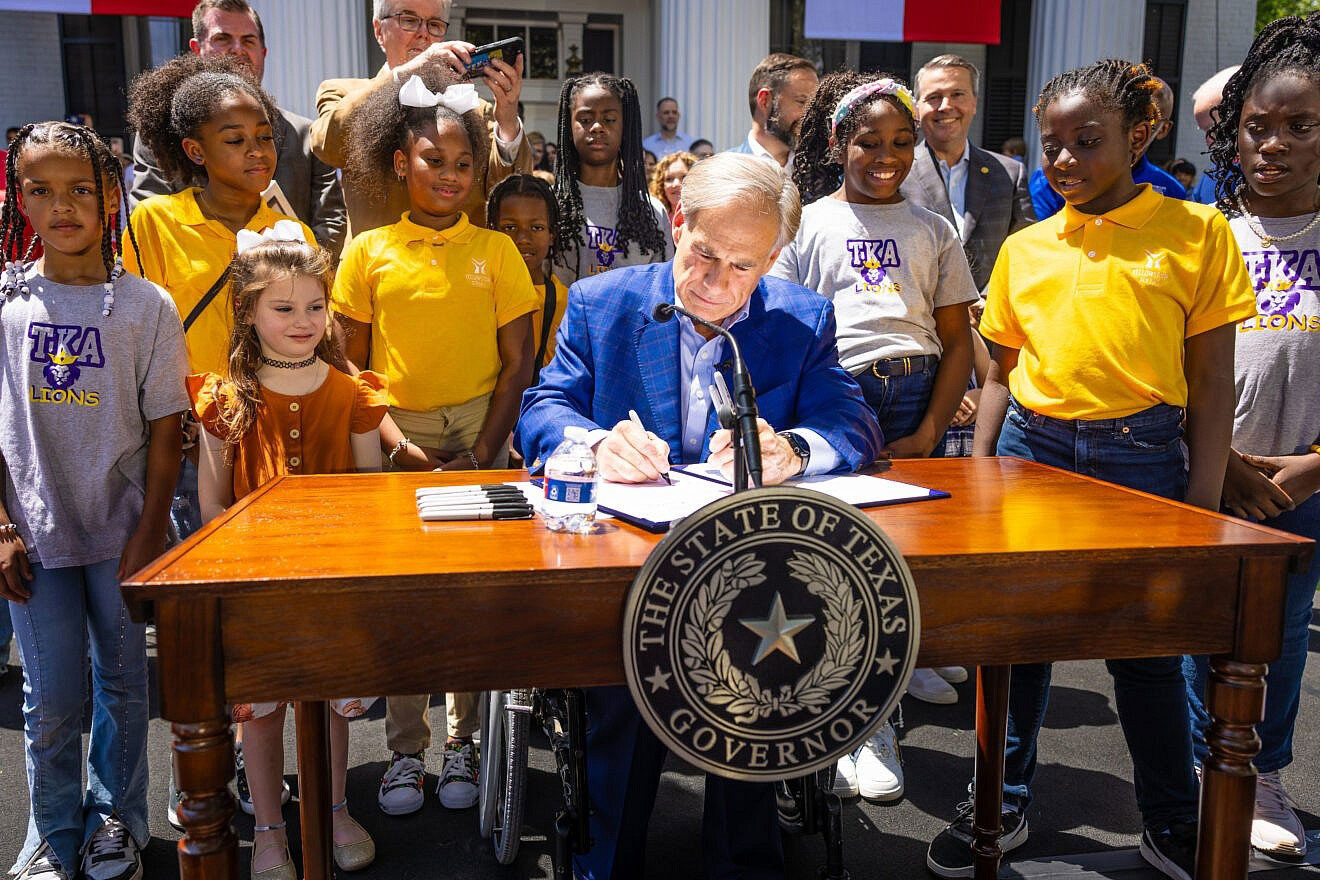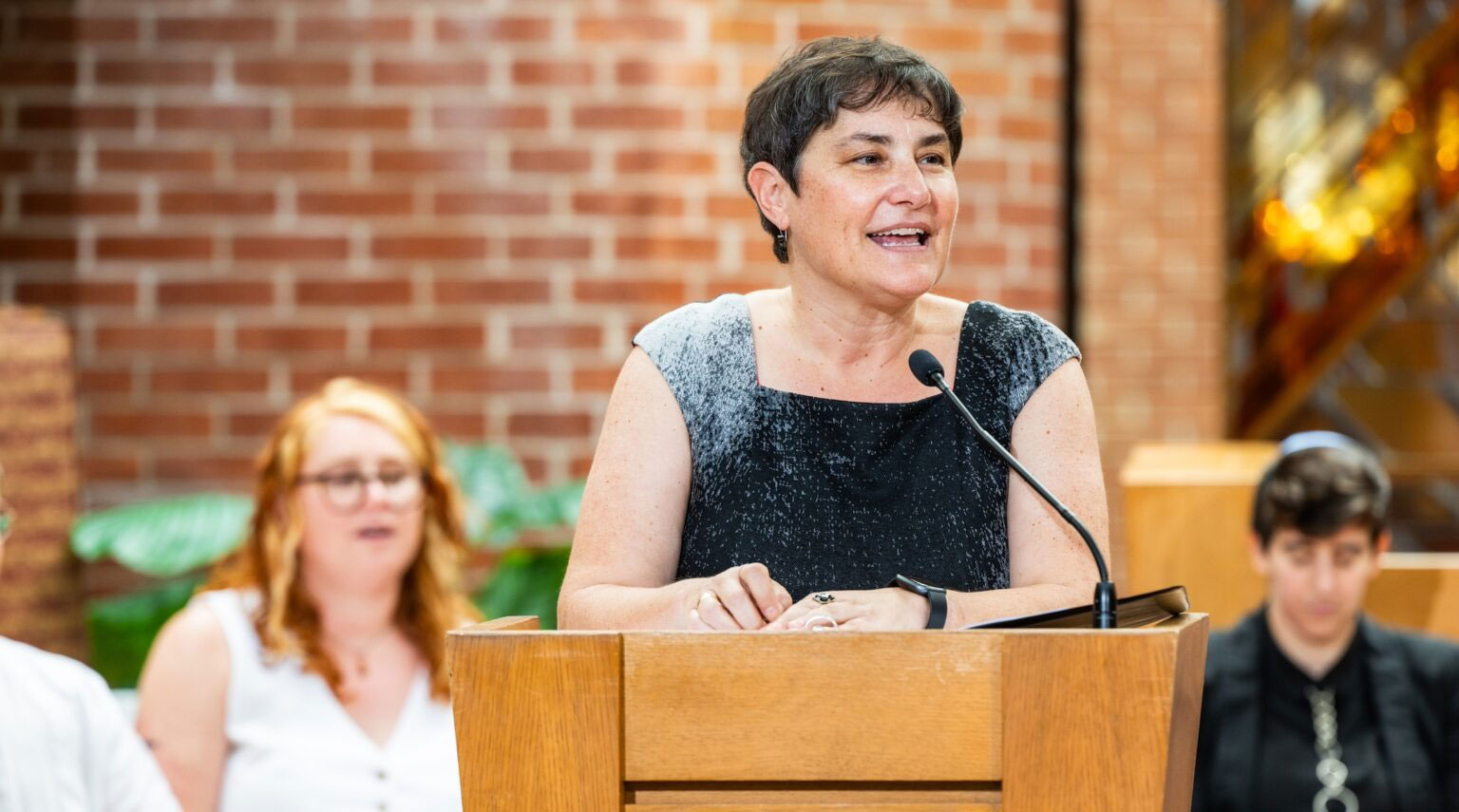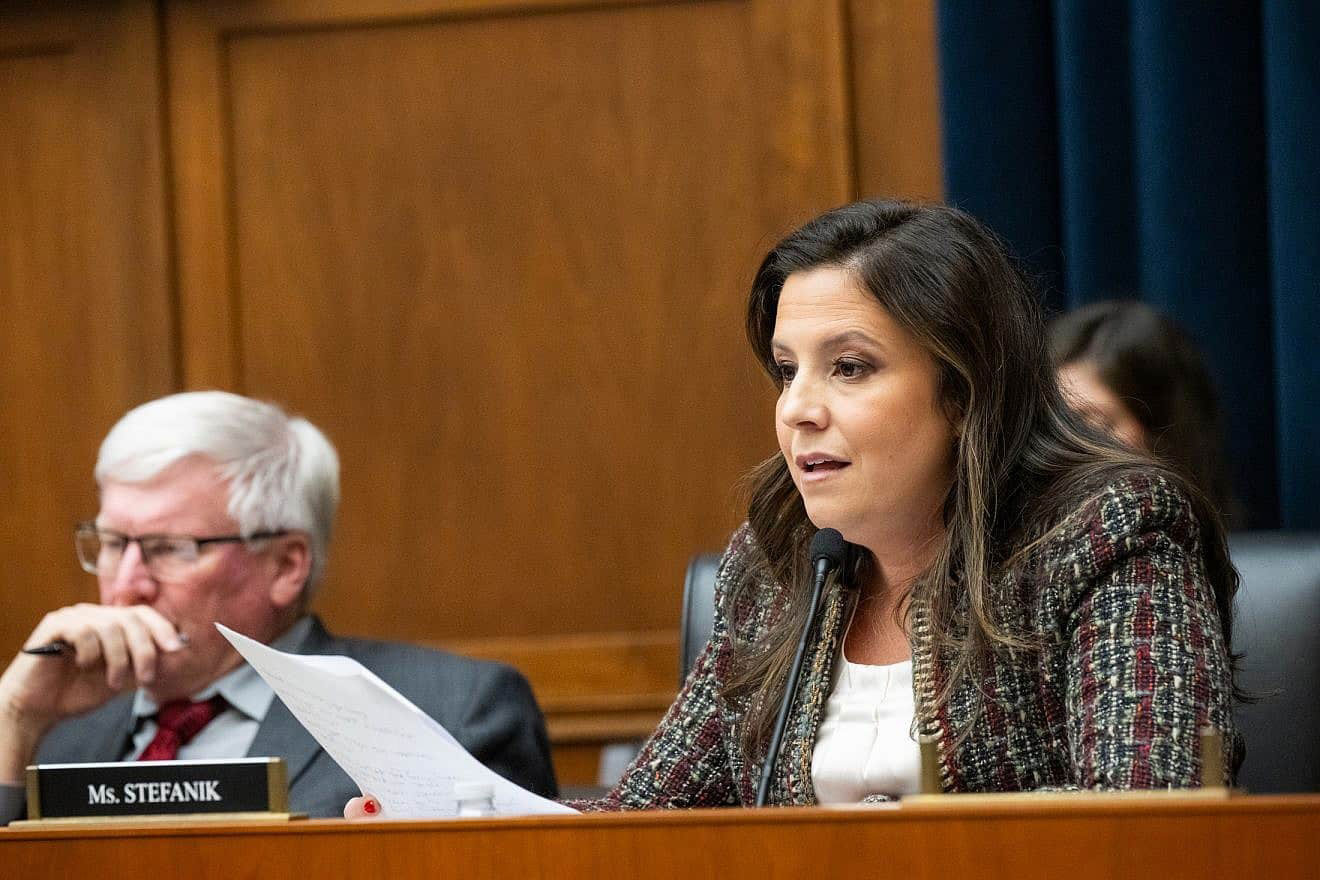(JNS) — New England Patriots owner Robert Kraft, a billionaire Jewish philanthropist, reportedly spent $7 million on his Foundation to Combat Antisemitism’s 30-second Super Bowl ad about fighting hate, which featured Martin Luther King Jr.’s 93-year-old speechwriter, Clarence Jones.
That collaboration between a Jewish and a black man reached a massive audience during the Feb. 11 championship game, which came nearly halfway through Black History Month. But Jones has long worked to bring black and Jewish communities together.
Jones is chairman of the Southfield, Mich. nonprofit Spill the Honey, which harnesses the “transformative power of the arts” to “move people to act for social change,” drawing on the “shared legacies” of black people and Jews.
“Spill the Honey recognizes and honors the Jewish-American community’s legacy of fighting antisemitism and surviving the Holocaust and the African-American community’s legacy of enduring slavery and fighting for freedom,” the nonprofit states.
Shari Rogers, president and founder of the nonprofit, told JNS that the two communities can unite by emphasizing their shared history in the U.S. Civil Rights movement.
“In many ways, I don’t think the black community sees the Jewish community as struggling. That’s why we have to teach this empathy and create the softening of the other, the softening of judgment and finding our common humanity,” Rogers told JNS. “It creates a safer space for discussion on topics that the Jewish communities would like to have with the black communities.”
Common struggle
Antar Davidson, a content strategist for the NGO, is a black Jew who is trying to bring Jews and black people together through music. Rappers can become “catalyzers of positive change” by educating young people, he told JNS.
“The goal is to basically support, amplify and empower artists that are civic-minded and emotionally intelligent,” he said.
He thinks a common language of struggle can foster connections. “The majority of hate crimes in this country are directed towards — you guessed it — blacks and Jews,” he said. “I think, at the heart of all of it, is establishing a mutual empathy.”
At least twice daily, observant Jews recite the Shema prayer, which, in part, recognizes God for having freed the Israelites from Egyptian bondage.
“That’s another tribal history, in the DNA of Jews to recognize. Who else has been in a position we’ve been in?” Davidson said. “This is one way to understand each other’s pain and turn that pain into purpose.”
Some leaders are not as keen to use King as a guidepost for black-Jewish relations.
Mordechai Ben Avraham, a black rabbi, formerly of Los Angeles and now a Jerusalem resident, told JNS that the U.S. black and Jewish communities today are very different than in King’s time.
“I think the black community was very much rooted in family values and advocating through peace, in solidarity with partners,” he said.
Today’s black community, in contrast, focuses more on social justice and equality, so conversations must be steered towards the ways that Israel and the Jewish people have battled for equality, according to Ben Avraham.
Many black Americans speak in the language of “rage against oppression,” he said, for which he prescribes a “shared historical narrative of dealing with being the minority and dealing with oppression and overcoming it.”
A convert to Judaism, Ben Avraham thinks that black Christians can also relate to messages about God’s connection to Israel, and vice versa.
“Through dialogue and a common future,” the Abraham Accords is a leading example of different people seeing “a way forward together,” he said.
Not victims
Robbie Stokes Jr. tells JNS that he doesn’t know anyone who speaks about the Jewish community more than he does.
“When I meet someone who doesn’t have a Jewish friend, I explain that the Jews have long battled discrimination but never saw themselves as victims,” said Stokes, founder and chair of the Atlanta-based I Talk To Strangers Foundation.
“There’s more in common than we have differences,” Stokes says of the black and Jewish communities. “Each group has had their noble kings, their civilizations, experienced slavery, been downtrodden, discriminated against. What defines us isn’t our tragedy, but how we can all use positive forces to build each other up.”
For the past 12 years, the I Talk To Strangers Foundation has built branches internationally, and Stokes has given talks in Florida, Tennessee and Georgia, as well as in Mexico, Malaysia and Canada.
Black-Jewish alliances are pivotal today, “when both are vulnerable,” he said. “Let’s be honest about it. We need each other, because we bring value to each other.”





